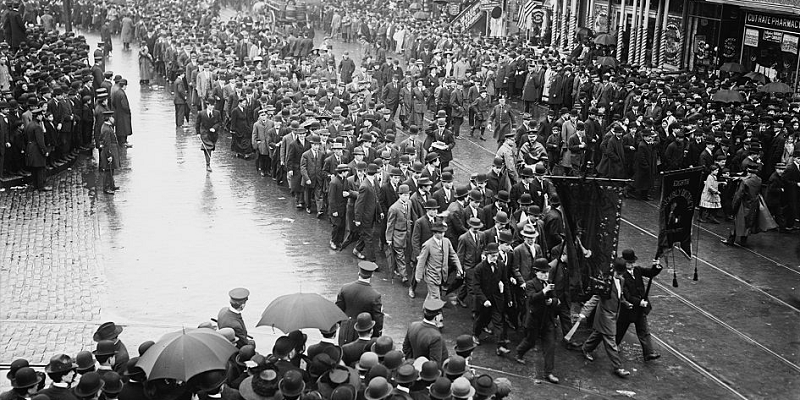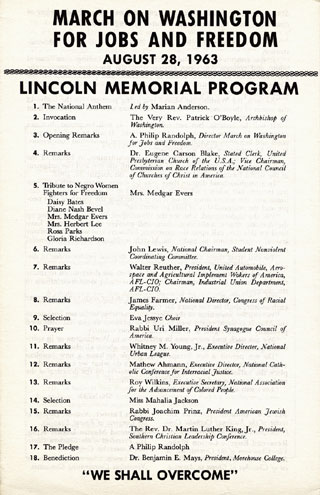"Background:
Individuals who are outside of the United States may request parole into the United States based on urgent humanitarian or significant public benefit reasons for a temporary period, on a case-by-case basis. If USCIS authorizes parole, we will specify its duration. While parole allows for lawful presence in the United States, the parolee technically remains an applicant for admission. Parole does not confer immigration status and does not provide a path to permanent residency or the ability to obtain lawful immigration status. However, a parolee may be able to obtain lawful status in the United States through other means.
The U.S. government is making every effort to assist individuals who have been granted parole into the United States. Due to quickly changing circumstances in the region and the closure of the U.S. Embassy in Kabul, beneficiaries may experience delays in processing their cases and may need to arrange travel to a U.S. embassy outside of Afghanistan to continue processing their parole request.
Eligibility:
USCIS may exercise discretion to authorize parole on a case-by-case basis for individuals with urgent humanitarian or significant public benefit reasons to come to the United States for a temporary period. To avoid delays, all relevant supporting evidence to show that the beneficiary qualifies for parole and merits a favorable exercise of discretion must be submitted with the Form I-131, Application for Travel Document. USCIS provides guidance on documentation to support parole requests on its webpage, Guidance on Evidence for Certain Types of Humanitarian or Significant Public Benefit Parole Requests.
How to Apply:
Anyone may request parole for themselves, or on behalf of another individual, by filing a Form I-131, Application for Travel Document, along with a statement explaining the beneficiary’s urgent humanitarian circumstances and including any relevant evidence supporting the parole request. It is essential that the beneficiary’s best contact information (email address, phone number, and local address) is included in the parole application, either on the Form I-131’s applicable section or on a supplemental document, and that USCIS is notified of any changes to that contact information. If the beneficiary is able to make private arrangements to travel to a third country where there is a U.S. embassy or where consular services are available, please notify USCIS immediately at HumanitarianParole@uscis.dhs.gov.
The Form I-131 must include the applicable filing fee or fee waiver request using Form I-912, Request for Fee Waiver. See the USCIS webpage on Additional Information on Filing a Fee Waiver. Each family member must file a separate Form I-131 with required fees or Form I-912 and supporting documentation. Write “Afghanistan Humanitarian Parole” on the mailing envelope. For expedited processing, write the word EXPEDITE in the top right corner of the application in black ink. Detailed instructions for filing for humanitarian parole can be found on the USCIS webpage on Humanitarian or Significant Public Benefit Parole for Individuals Outside the United States..."
Afghan nationals
:focal(596x372:597x373)/https://public-media.si-cdn.com/filer/a2/94/a29455ff-121e-4fb9-a6d6-8613173e932c/screen_shot_2021-08-25_at_11229_pm.png)


